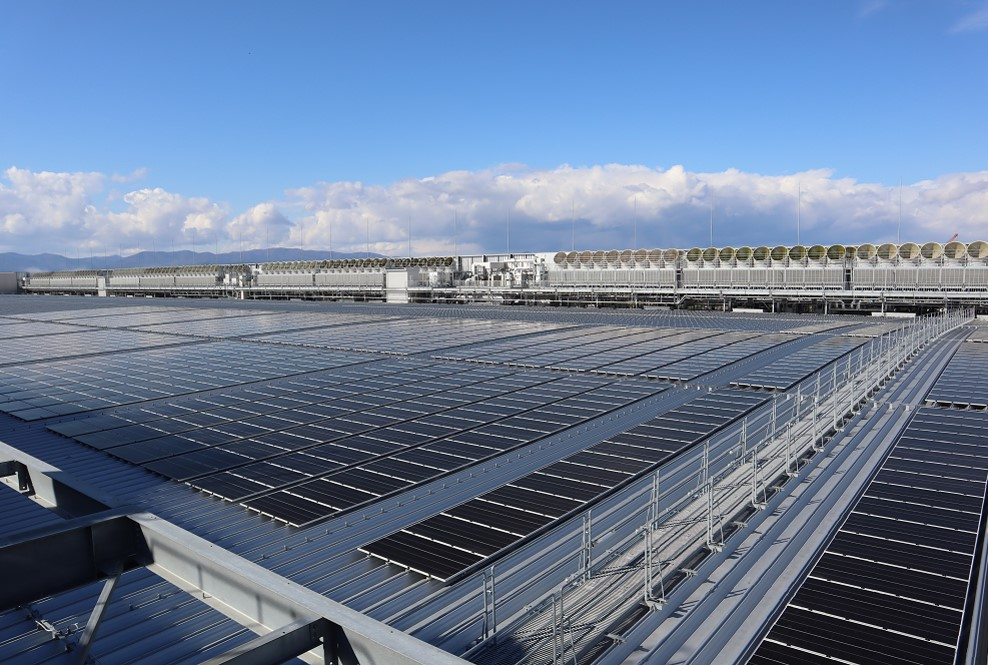Kioxia Group is increasing the usage of renewable energy by installing large-scale solar power generation systems for the first time at its Kitakami Plant and Yokkaichi Plant. Installed on the rooftop of flash memory fabrication facilities, the new solar power systems will be the largest of their kind at any semiconductor plant in Japan.1

Subscribe to our Telegram channel to get a daily dose of business and lifestyle news from NHA – News Hub Asia!
With a total generating capacity of about 7.5 megawatts (MW), the new solar power systems are expected to generate about 7,600 megawatt hours (MWh) of electricity annually for Kioxia and reduce carbon dioxide emissions by about 3,200 tons per year. With the new solar power systems, we will accelerate our efforts to address climate change, one of the key objectives of our management strategy.
The solar power generation system at Fab1 of our Kitakami Plant became operational recently while the system at Fab6 of our Yokkaichi Plant will be operational in June of this year.
Kioxia Group has set the goal of sourcing 100% of its energy from renewable sources by FY2040, including solar power. We will continue to address climate change proactively and aim to develop sustainably for the benefit of society.
For more information about Kioxia’s climate change initiatives, please visit the following website:
https://www.kioxia-holdings.com/en-jp/sustainability/environment/climate.html
Summary of Kioxia Group’s Solar Power Generation System | ||
Kitakami (Fab1) | Yokkaichi (Fab6) | |
Power generation capacity | Approx. 3,600 kW | Approx. 3,900 kW |
Estimated annual power generation | Approx. 3,500 MWh | Approx. 4,100 MWh |
Annual CO₂ reduction | Approx. 1,600 tons | Approx. 1,600 tons |
Operation start date | January 20, 2023 | Scheduled for June 2023 |
The systems will be operated and maintained under a Power Purchase Agreement (PPA) model.2
1 Based on Kioxia research (as of February 1, 2023)
2 PPA operators own the solar power generation equipment and are responsible for installation and maintenance of the system; third parties that make the necessary space available (in this case Kioxia) purchase the electricity generated at the sites from the operators.
Source: Kioxia

